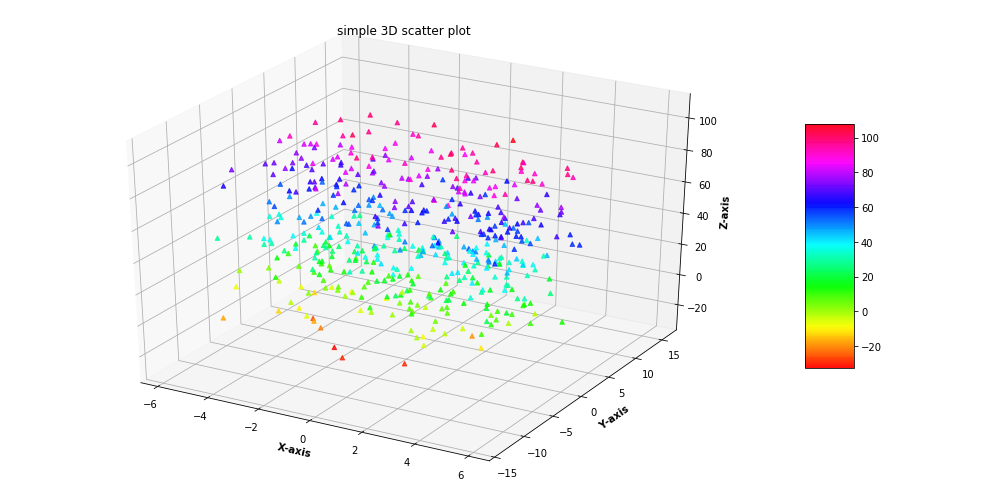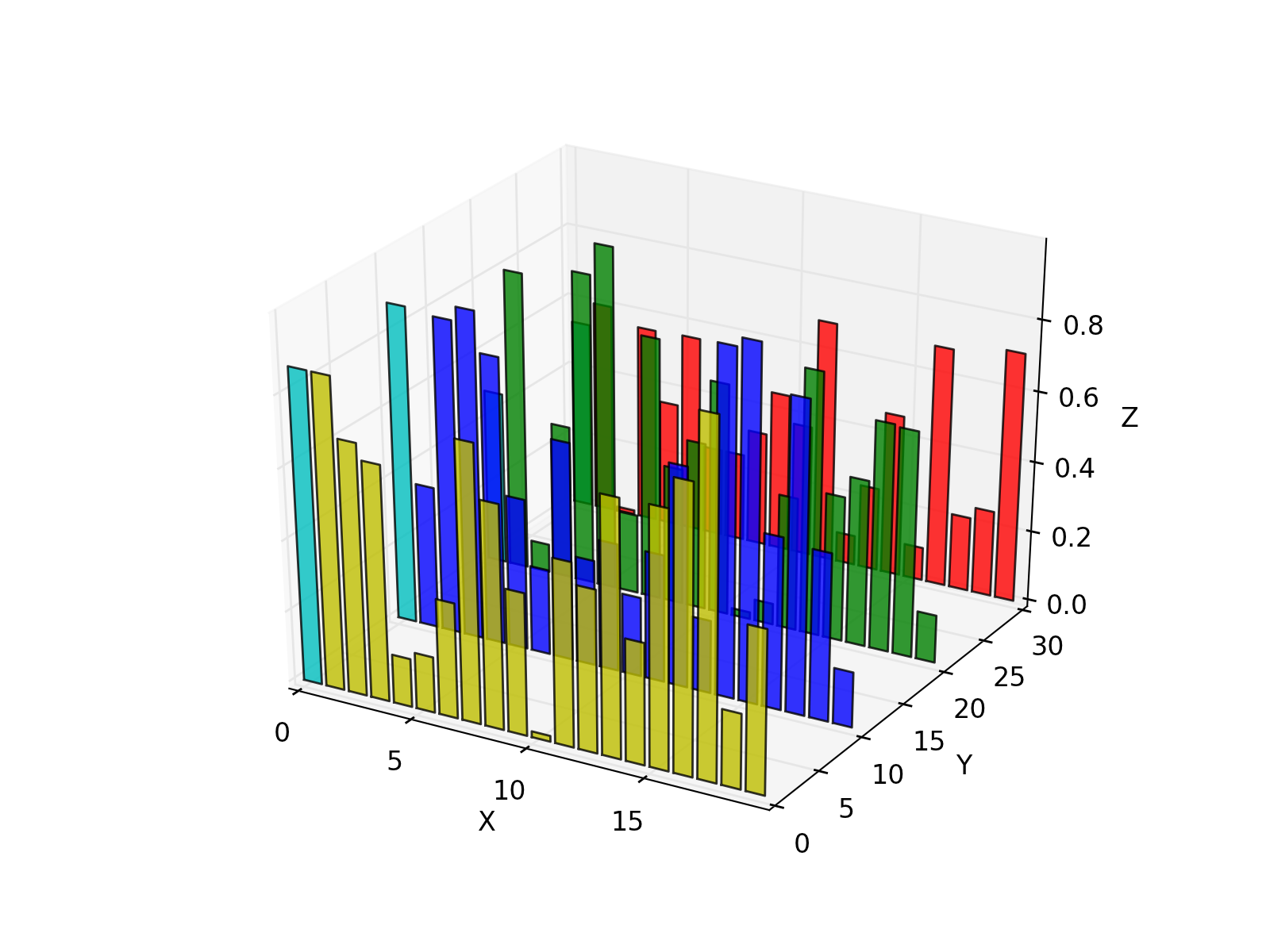
If we reverse the order, then the line plot will be on top of the scatter plot. Plot() has the order as 2, larger than the order of scatter(), therefore, the scatter plot is on top of the line plot.

We will assign different orders to plot and scatter and then reverse the orders to show different drawing order behaviors. We can use the keyword zorder to set the drawing order in the figure. Keyword zorder to Change the Drawing Order Similarly, we can try other different linestyles too import numpy as np Plt.plot(x,y,linestyle='solid',color='blue') We can also connect scatterplot points with line by just calling the () function along with the linestyle attribute. Plt.title("Connected Scatterplot points with line") To connect these points of scatter plot in order, call (x, y) keeping x and y the same as ones passed into scatter() function. (x, y) with x as a sequence of x-coordinates and y as a sequence of y-coordinates creates a scatter plot of points. Call show() After Calling Both scatter() and plot() We can connect scatter plot points with a line by calling show() after we have called both scatter() and plot(), calling plot() with the line and point attributes, and using the keyword zorder to assign the drawing order. The pyplot module has a function called scatter(), among many other functions, which helps to create or draw scatter plots. So that’s why it is called as scatter marker. In matplotlib, plotted points are known as markers. Basically, the scatter () method draws one dot for each observation.

Under the pyplot module, we have a scatter () function to plot a scatter graph. Keyword zorder to Change the Drawing Order Matplotlib scatter marker Matplotlib provides a pyplot module for data visualization.



 0 kommentar(er)
0 kommentar(er)
